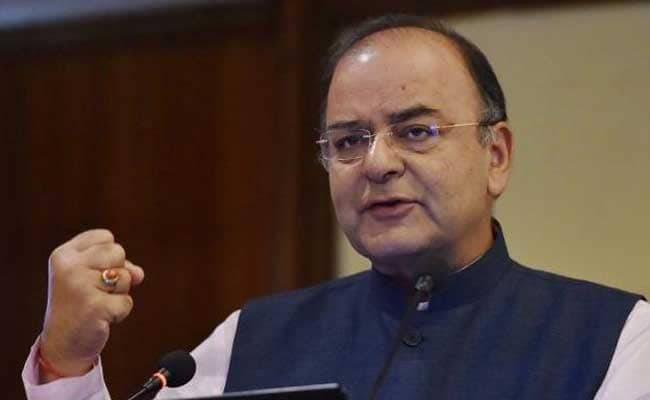
India has announced a new intellectual property policy on Friday, speeding up the online registration of patents and trademarks.
Here is your 10-point cheat-sheet to this story:
Since Prime Minister Narendra Modi took office in 2014, global drug brands led by US companies have been pushing for changes to India's intellectual property rules.
Global pharmaceuticals players have often complained about India's price controls and marketing restrictions.
Finance Minister Arun Jaitley said India will retain the right to issue so-called compulsory licenses to its drug firms, under "emergency" conditions.
The minister said and there is no urgent need to change patent laws that are already fully World Trade Organization-compliant.
So India has resisted pressure from the US and other Western countries to amend its patent laws.
The new policy will try to safeguard the interests of rights owners with the wider public interest, while combating infringements of intellectual property rights, Mr Jaitley said.
Commerce and Industries Minister Nirmala Sitharaman told lawmakers last month that over 237,000 applications were pending in India's four patent offices.
The Department of Industrial Promotion and Policy will be the agency in charge of regulating intellectual property rights in the country.
Last month, the US Trade Representative kept India, China and Russia on its "Priority Watch List" for inadequate improvement in IPR protection.
India, however, says, it is party to the Trade-Related Aspects of Intellectual Property Rights (TRIPS), a WTO agreement that sets minimum standards for intellectual property regulation.

